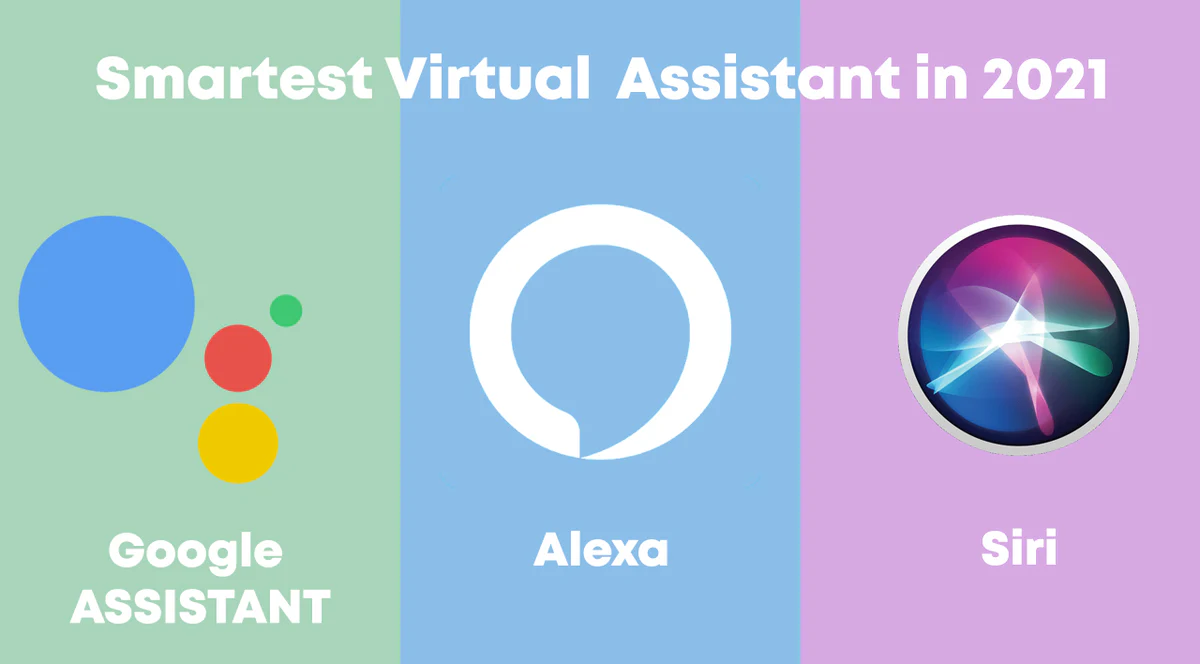It started as something futuristic — you say “Hey Siri” or “Alexa, play my favorite song,” and the device instantly obeys.
Voice assistants have become part of daily life for millions, helping us set reminders, check the weather, control smart devices, and even order groceries.
But as they’ve become more common, a big question has followed them everywhere:
Are they always listening?
Let’s break down how voice assistants really work, what’s true about their “listening habits,” and what you can do to keep your privacy safe.
How Voice Assistants Actually Work
At their core, voice assistants like Amazon Alexa, Apple’s Siri, and Google Assistant are speech-recognition systems powered by artificial intelligence.
They constantly “wait” for a wake word — the phrase that tells them to start paying attention.
For example:
- “Hey Siri”
- “OK Google”
- “Alexa”
Once the device hears that wake word, it starts recording the next few seconds of audio and sends that snippet to the company’s cloud servers for processing.
That’s where the real “brainwork” happens — the audio is converted into text, interpreted by AI, and matched with a relevant action or response.
So, in theory, the assistant isn’t listening to everything you say — only the part after it hears the wake word.
But in practice, things get a little more complicated.
The “Always Listening” Confusion
The phrase “always listening” sounds sinister, but technically, it just means the microphone is always active locally — not that it’s constantly sending your conversations to the cloud.
Your device keeps listening only for the wake word. The audio before that isn’t stored or transmitted.
However, false triggers do happen.
Sometimes the assistant mistakes background noise or a similar-sounding word for the wake phrase. When that happens, it may record a short audio clip unintentionally — and that’s where most privacy concerns come in.
There have been verified cases where snippets of conversations were recorded and sent to company servers by mistake.
Tech companies claim these were rare and used for improving accuracy, but the fact that it can happen makes people uneasy — and rightly so.
Do Companies Listen to Recordings?
For years, Amazon, Google, and Apple used human reviewers to listen to small samples of voice assistant recordings.
The goal was to improve recognition accuracy — training the AI to better understand accents, slang, and noisy environments.
After public backlash, most companies changed their policies:
- Apple now lets you opt out of sharing Siri recordings for “quality improvement.”
- Amazon allows users to delete voice history anytime.
- Google also added controls for auto-deleting old recordings.
Still, it’s important to know that voice data — even anonymized — can stay on company servers for some time.
In other words, while no one is sitting and spying on you, fragments of your interactions can be stored to make the system smarter.
What Voice Assistants Actually Know About You
When you use Alexa or Siri, you’re sharing more than just voice commands.
The assistant also collects:
- Device information (model, location, settings)
- App usage patterns
- Search history and preferences
- Linked account data (shopping, calendar, reminders, etc.)
This data helps the assistant tailor responses.
That’s why Alexa might suggest products you’ve recently browsed or why Siri knows your commute time every morning.
It’s convenience built on data — and that trade-off is the key issue for privacy-conscious users.
How to Protect Your Privacy
You don’t have to ditch your voice assistant entirely.
You just need to use a few privacy settings wisely:
- Mute the Microphone:
Every smart speaker has a physical mute button. Turning it off ensures no sound is processed until you turn it back on. - Review and Delete Voice History:
Go to your Alexa, Google, or Apple account settings and clear stored voice data. You can also set it to auto-delete every 3 or 18 months. - Turn Off “Help Improve” Features:
Disable the option that allows recordings to be sent for manual review by humans. - Limit Device Access:
Avoid linking sensitive accounts like banking or personal health apps to your voice assistant. - Use a Secure Network:
Smart speakers are connected devices — they’re only as safe as your Wi-Fi. Keep your router password strong and your firmware updated.
These small steps can drastically reduce the amount of personal data your assistant gathers.
What’s Being Done About It
Privacy laws are catching up.
In the EU, the GDPR gives users the right to know what data is collected and to request deletion.
In the U.S., states like California have passed similar laws.
Tech companies, under public pressure, have also made transparency reports more detailed — listing how data is used and how long it’s stored.
Still, critics argue that until privacy becomes a default setting, the responsibility remains mostly on the user.
Are Voice Assistants Worth It?
For most people, the convenience outweighs the risks.
You can:
- Control lights, music, and appliances hands-free
- Get real-time updates and reminders
- Stay connected across multiple devices
Used mindfully, voice assistants save time and simplify daily routines.
But they’re not magic. They’re microphones connected to massive data networks — and that’s something to always remember.
The key is awareness, not fear. Understanding what data you share and how it’s used helps you stay in control.
Final Thoughts
So, are Alexa and Siri “really listening”?
Not exactly — but they’re always ready to.
Your voice assistant isn’t a spy, but it’s also not entirely private. It listens for commands, sends them to the cloud, and sometimes keeps records longer than you might expect.
If you use these devices thoughtfully — turning off unneeded features, checking privacy settings, and muting when not in use — you can enjoy the convenience without losing control over your personal space.
Like most modern technology, voice assistants aren’t good or bad — they’re tools.
It’s how we use them that makes the difference.
